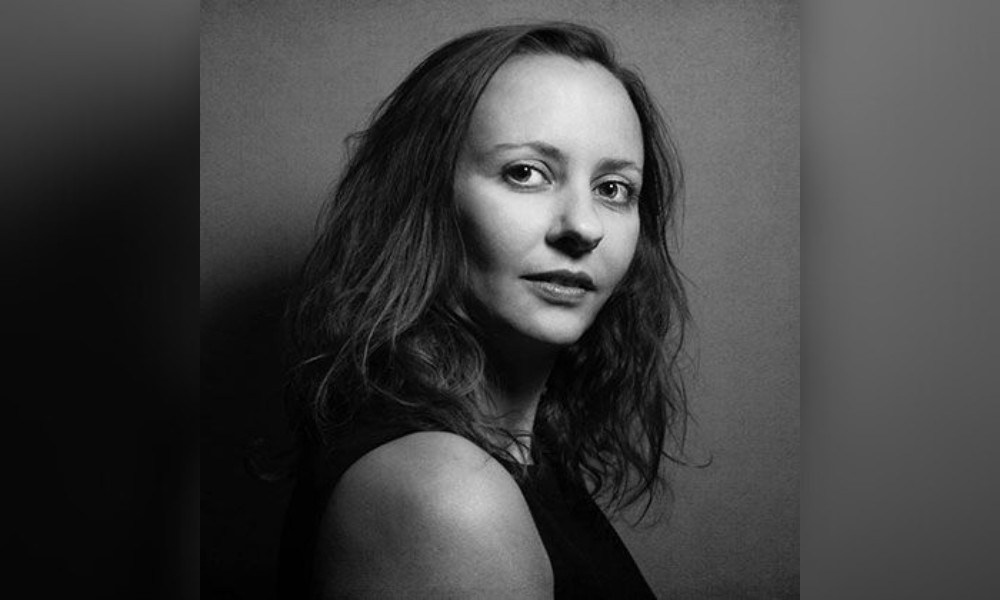Elite Woman of 2024, CEO of Provide Finance, on elevating finance with technology

The following article is written in association with Provide Finance.
Mortgage Introducer’s Elite Women of 2024 winner, Miranda Khadr (pictured), CEO and founder of Provide Finance, began her career in what many would consider the grassroots level of the finance sector, performing administrative and clerical roles whilst still at university. Her commitment to her growth in this field was evidenced by her pursuit of professional qualifications such as the FPC, CeMAP, CertPFS, an alumna of Said Business School’s fintech programme and eventually achieving her certification in financial planning.
Khadr’s motivation: her belief in the transformative power of technology in finance. She argues that the industry is significantly lagging in adopting new technologies, a gap that presents both a challenge and an opportunity for growth and efficiency. According to Khadr, the integration of technology can significantly alleviate the workload of various stakeholders in the finance ecosystem, from brokers to borrowers and lenders.
Launching a platform for change
The founder said: “The adoption of technology is immensely important. In regulated sectors, the absence of technology would lead to total disarray. We started from a point where technology was absent, making its adoption as challenging as becoming overly dependent on it. Therefore, leveraging technology to alleviate the workload of brokers, borrowers, and lenders represents a significant next step for our industry.”
Khadr highlighted the launch of their tech platform as a key milestone in her career, emphasising its role in streamlining transactions and enhancing customer experiences, whether they are brokers or direct clients. The impact of this technological advancement on people’s lives and the overall efficiency of transactions is a testament to the potential benefits of embracing technology in finance.
Provide Finance’s platform now offers a unified virtual environment where brokers can effortlessly communicate with both their clients and lenders, fostering a seamless exchange of information and facilitating smoother transaction processes.
The founder noted that the unique value proposition of her firm, Provide Finance, emphasising the blend of industry expertise and technology as its “secret sauce.” She called for more collaboration and mentorship within the industry, noting a prevalent focus on style over substance that hinders collective progress.
Overcoming resistance to change
However, the journey to widespread technology adoption is not without its hurdles. Khadr acknowledged the resistance to change, often rooted in fear or a lack of understanding, as a significant barrier. She advocates for persistent education and the demonstration of technology’s benefits to overcome this reluctance. The emphasis on continuous learning and the encouragement of the younger generation to engage with technology are critical in her strategy for industry advancement.
Beyond technology, Khadr identifies process inefficiencies, particularly in case processing, as a significant challenge facing the industry. She calls for improvements to make the transaction process more efficient, lamenting that certain aspects have regressed over the years.
Addressing the challenges faced by women in the finance sector, Khadr reflected on her experiences with the “boys’ club” mentality and how the landscape is evolving towards greater inclusivity and respect. She underscored the importance of female bravery and the equal consideration of voices, regardless of gender, in fostering a more equitable and dynamic industry.
Khadr’s advice to young women entering the finance field is poignant: embrace continuous learning, don’t fear asking questions, and understand the importance of grounding oneself in their area of expertise.
Khadr maintained: “Progress lies in the consistent repetition of our message and perhaps in emphasizing the question: what do we have to lose by trying something new? The fear of change and a lack of adaptability are significant barriers to advancement. Just trying, even if it doesn’t work or it’s the start of a journey, is massively important. Often, it’s our mindset, habitual thinking, that limits us.”



